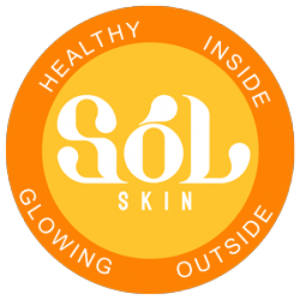ON 22-APR-2020
How beneficial is Vitamin E for your health
Although Vitamin E has not been the most talked about vitamin by the experts, it definitely has umpteen health benefits including the ability to bolster our immunity and fight diseases.
So, let us first understand what Vitamin E is!
Vitamin E is a fat-soluble vitamin with several forms, but alpha-tocopherol is the only one used by the human body. Its main role is to act as an antioxidant which scavenges loose electrons or “free radicals” that can harm cells. Free radicals might play a role in heart disease, cancer and other diseases.
Let’s look at various benefits of the wonder vitamin in detail.
Treats skin conditions like acne and psoriasis
Vitamin E oil is absorbed into the skin quickly because it is fat-soluble. This leads to faster healing of acne and acne scars. It controls the production of collagen and elastin in the skin.
Prevents signs of aging and improves skin health
Since it is an antioxidant by nature, it helps in preventing premature aging. It can be considered a first line of defence and occurs naturally within our skin.
Relieves menstrual pain
Menstrual pain generally starts a few days before or at the onset of menstruation and often ceases within a few days. Intake of Vitamin E reduces this pain.
Restores health of the scalp
Vitamin E helps improve overall scalp and hair health. Right from increasing blood flow on the scalp to creating a protective barrier on the scalp, Vitamin E is a great solution.
Boosts immune system
Vitamin E is a powerful antioxidant that helps fight off infection and has an ability to modulate host immune systems.
We are sure that just knowing the benefits must have definitely got you thinking on where you can get this Vitamin E from? If yes, scroll to find your answer below.
Vitamin E is found naturally in various foods. You can get recommended amounts of vitamin E by eating a variety of foods including the following:
- Vegetable oils like wheat germ, sunflower, and safflower oils are among the best sources of vitamin E. Corn and soybean oils also provide some vitamin E.
- Nuts (such as peanuts, hazelnuts, and, especially, almonds) and seeds (like sunflower seeds) are also among the best sources of vitamin E.
- Green vegetables, such as spinach and broccoli, provide some vitamin E.
- Food companies add vitamin E to some breakfast cereals, fruit juices, margarines and spreads, and other foods. To find out which ones have vitamin E, check the product labels.
- Along with these natural foods and a well balanced diet, food supplements like Ra Primerose+ and Ra Essential which contain Vitamin E as one of their main ingredients will help address a gamut of health concerns apart from ensuring your good skin, hair and mental health.
Tell us what are your sources of Vitamin E, we would love to hear more from you.
